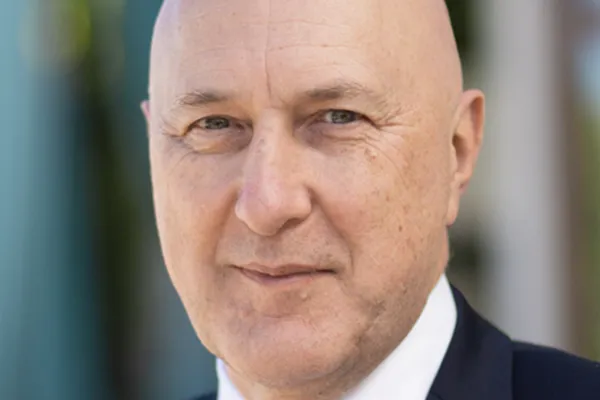William Ackman’s bet on Target Corp. has been a disaster, and the CEO of $4.6 billion New York–based hedge fund firm Pershing Square Capital Management is in the fight of his career to turn it around.
In February, Ackman announced he had restructured Pershing Square IV, the fund he started two years ago with $2 billion he raised specifically to invest in the retailer. The fund’s position now is almost entirely in options. New investors will make money if the stock price exceeds $40 per share in January 2011 (it fell to a 52-week low of $25 in early March of this year before beginning a sharp escalation that pushed it above $34 near the end of the month). Like most retailers — Wal-Mart Stores being a notable exception — Target’s share price has been hit hard by the recession and the contraction in consumer spending over the past several months.
Original investors will be hoping for something in excess of $60 a share. For Ackman the new scheme is probably the most feasible and affordable way to maintain a Target position of any size. (Other Pershing Square funds also have investments in Target. Ackman has reported an overall holding of about 7.8 percent of the company’s outstanding shares; Target has a market cap of $20 billion.)
Part of his effort includes taking a more activist role in the company. In March he launched a campaign to join the board of directors of Minneapolis-based Target, and nominated four other presumably like-minded candidates: Michael Ashner, chairman and CEO of Winthrop Realty Trust; Jim Donald, the former CEO of Starbucks Corp.; Ronald Gilson, a Stanford University professor of law and business; and Richard Vague, a former banking CEO (at Barclays Bank Delaware, First USA and Juniper Financial Corp.).
When Ackman first began amassing his stake in the spring of 2007, Target was trading at about $58 a share. He said at the time that the price could double within a few years, but the stock is down about 50 percent, and Pershing Square IV — because it is leveraged — has lost some 90 percent of its original capital. In fact, there has been a steady drumbeat of bad news: Target’s share price fell 30.3 percent in 2008 alone, and Pershing Square IV was down 67.9 percent; the fund lost an additional 40 percent in January, and 33 percent more in February (though the latter is for the time being largely a paper loss).
The only number that truly matters as far as the restructuring is concerned is where Target opens on January 14, 2011.
Ackman originally put the Target trade on using common shares, equity swaps and over-the-counter derivatives in the form of call options. This multifaceted approach is not unusual for an activist manager taking on a large company. But it was a risky one-way bet that the stock would keep going up. Because he was using options, Ackman had given himself a deadline — and time ran out.
His pool of capital diminished, financing became more difficult, and his options, well, they shrank.
To pull off the restructuring, Ackman traded away, at a big loss, the majority of the remaining call options the fund was holding. He also sold 26.5 million new call options with a $65 strike price and a January 2011 expiration date. With the proceeds from those calls, Ackman purchased new call options with a lower strike price, $35, which also have a January 2011 expiration date. The deal, which is a trade known as a bull call spread, capped the upside at $65 but gave Ackman the cash he needed to buy the $35 calls.
As things stand, his bet is that Target will trade significantly above $35 by January 2011. "Assuming no change in the form of [Pershing Square IV] ownership of Target, an investor will likely lose his entire investment at values of $35 or less two years hence," Ackman wrote in a February 5 letter to investors.
In the meantime, the approximately $220 million of capital remaining in Pershing Square IV is in hard lockdown; Ackman cannot be subjected to margin calls or be forced out of the position. But the restructured trade puts everything on the line, and Ackman isn’t taking his drubbing lightly. "I am deeply disappointed by [Pershing Square IV’s] dreadful performance," he told investors. "[It] has been one of the greatest disappointments of my career."





